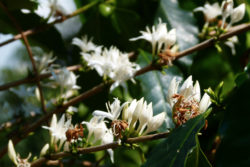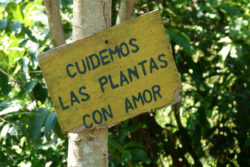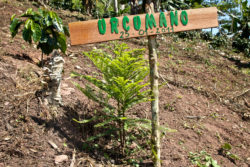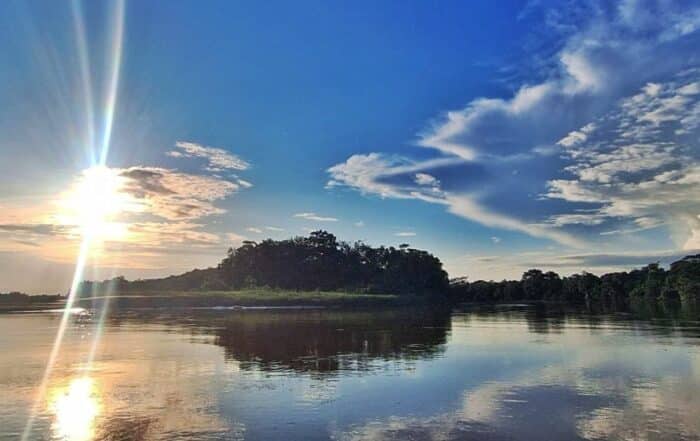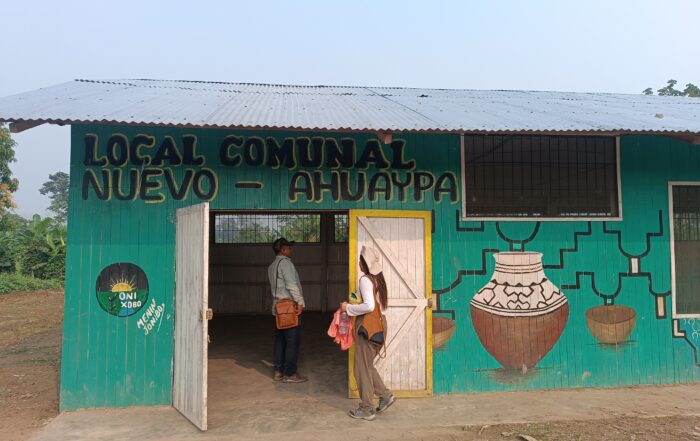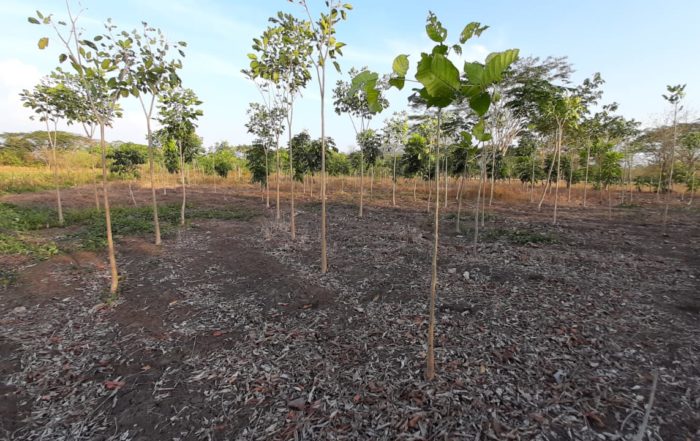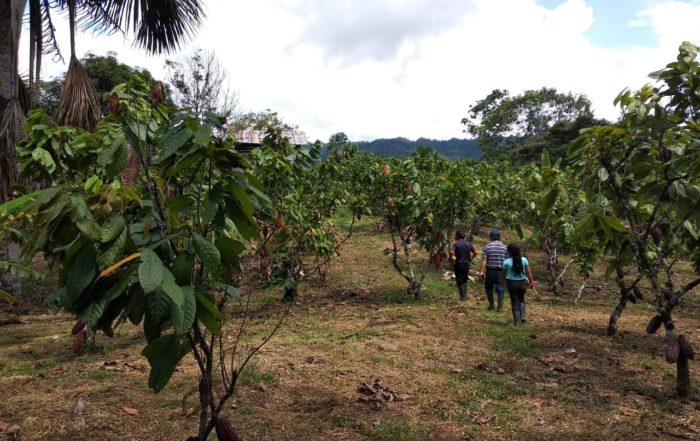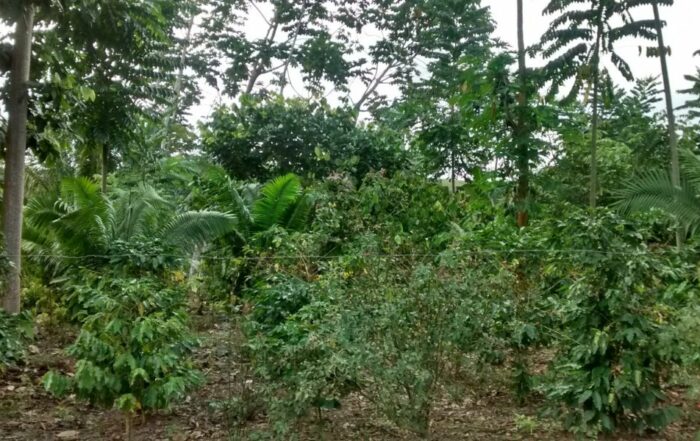The Junín region is the 4th most deforested region in Peru. Such deforestation is essentially due to the development of the coffee industry in the province of Chanchamayo. For a long time, coffee producers have practiced unsustainable migratory agriculture based on the use of slash-and-burn, monoculture, and an intensive use of chemical fertilizers.
The focus on coffee crops has made farmers highly dependent and vulnerable to economic and sanitary crises. Thus, major threats weigh on the industry, partly linked to environmental conditions. Coffee monoculture favours regular epidemics of Roya Amarilla (Orange Rust), a parasitic fungus that is deadly to coffee and that destroyed almost a third of the province’s plots in 2012.
In that context, Envol Vert has been working for several years in the Chanchamayo region in partnership with several cooperatives. 25 villages and four coffee producers’ cooperatives are currently involved in the project in order to reforest plots with high added value coffee trees to advance the return to biodiversity, profitability and the well-being of the local people. Producers have participated in various training and awareness sessions focusing on agroforestry practices and the importance of preserving ecosystems.
The ConBosque project takes over the Coffee and Cocoa agroforestry project, fostering forests’ conservation and the development of economic alternatives to deforestation, such as the creation of a value chain related to the Black walnut tree (Juglans neotropica) and the forests seeds network.
Discover this project in video :
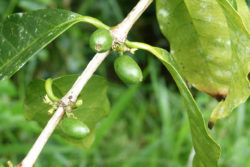
![[AGROCAFE]SemanaforestalPlantacionSanJuan1_Noviembre2019©A.Lecuru](https://da1323dc.delivery.rocketcdn.me/wp-content/uploads/2020/09/AGROCAFESemanaforestalPlantacionSanJuan1_Noviembre2019©A.Lecuru.jpeg)
